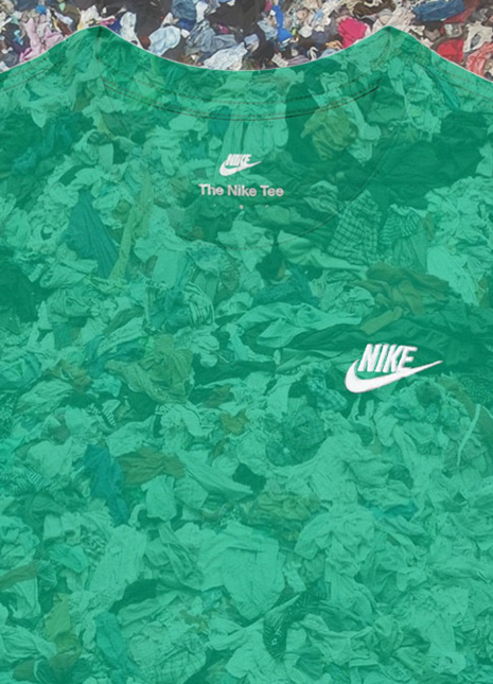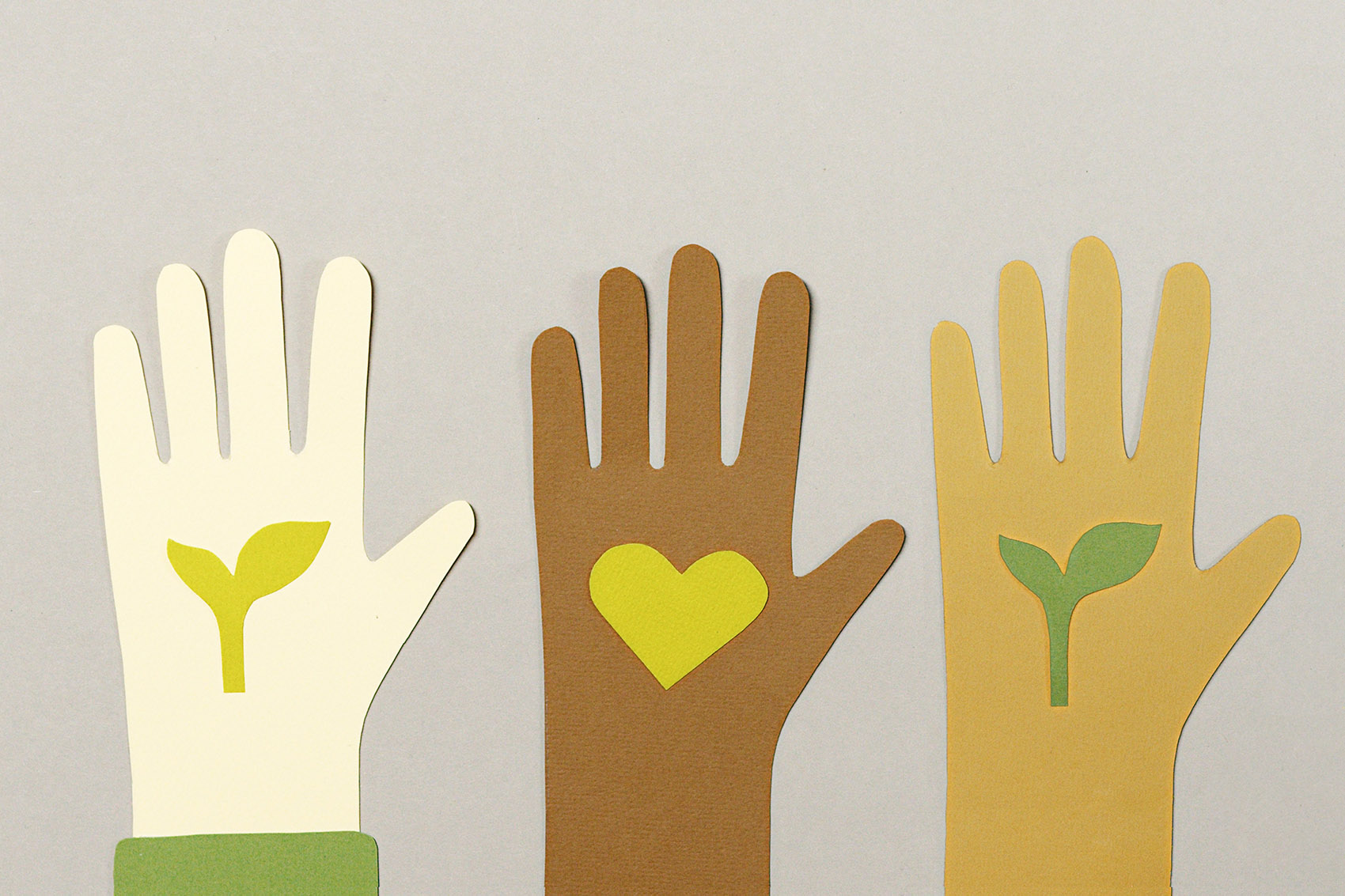
Green Guilt: How to Tackle it
Guilty feelings about not living sustainably are normal.
We all know the feeling; you’ve paid for your plastic-packaged food at your local Tesco. You get to the till and realize you’ve forgotten your canvas tote bag buried in the kitchen cupboard. “Would you like a bag?” The cashier asks with a glint in her eye. It’s a moral conundrum. Do you juggle the items back to the car? Inevitably dropping a packet of peppers or box of grapes that some poor soul will have to violate covid-19 restrictions to pick it up for you. Or, do you relent and take the bag that will glare at you accusingly the entire way home until you shove it out of sight with the fifty others you promised to reuse.
This my friends, is green guilt.
New research by Perkbox insights found that 89% of adults reported experiencing green guilt resulting from the environmental consequences of modern life, and 47% have felt judged by others for not acting sustainably enough.
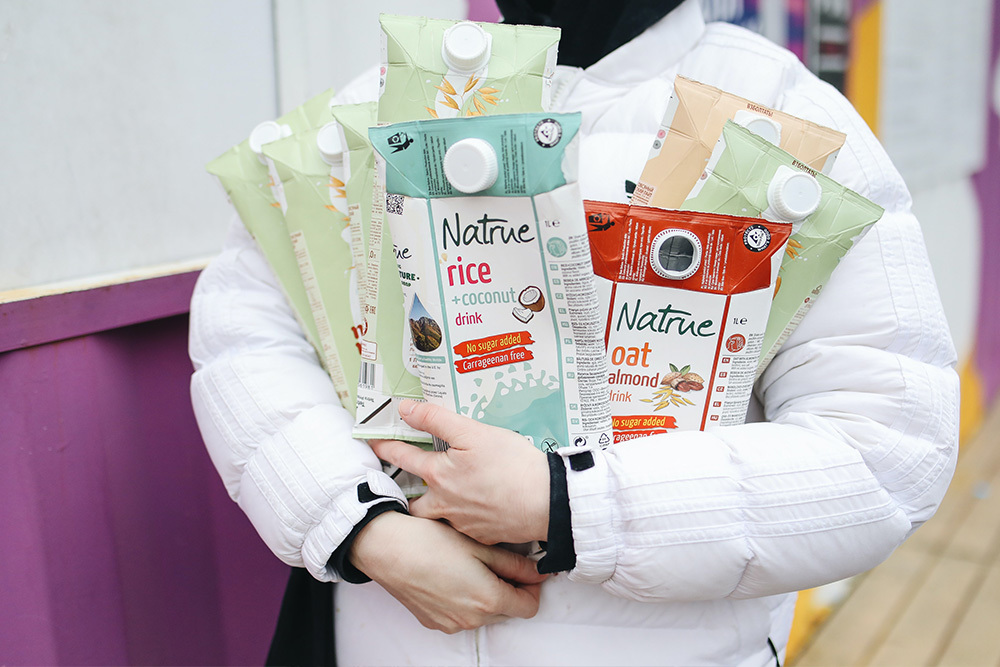
Now, I know what you’re thinking; is this really a bad thing? We sure as hell have plenty to feel guilty about in relation to the state of our planet. However, berating ourselves and others for not always being able to make the most sustainable choice is often just a distraction as people are left feeling overwhelmed and self-conscious rather than empowered. By desiring to live more sustainably and actively making an effort to do so, we are obviously on the right track; but don’t allow society to trick you into thinking that our individual choices hold a candle to the differences that would be made by major policy changes at the top of the food chain.
As a result of the climate crisis and the increase in green marketing and products, there has been a growing emergence of a green identity; defined by those who present an eco-friendly stance as part of their self-identification. People – including myself – are increasingly aiming to enact changes such as reducing waste, going vegan, recycling avidly and drinking from reusable thermos flasks. All of these things are great, if everyone were able to adopt this attitude less single-use plastic would end up on landfill or in our oceans, and the colossal amount of greenhouse emissions produced by the agricultural industry would be reduced. My problem is that not everyone is able to implement these changes faultlessly, and it is unrealistic to expect them to.
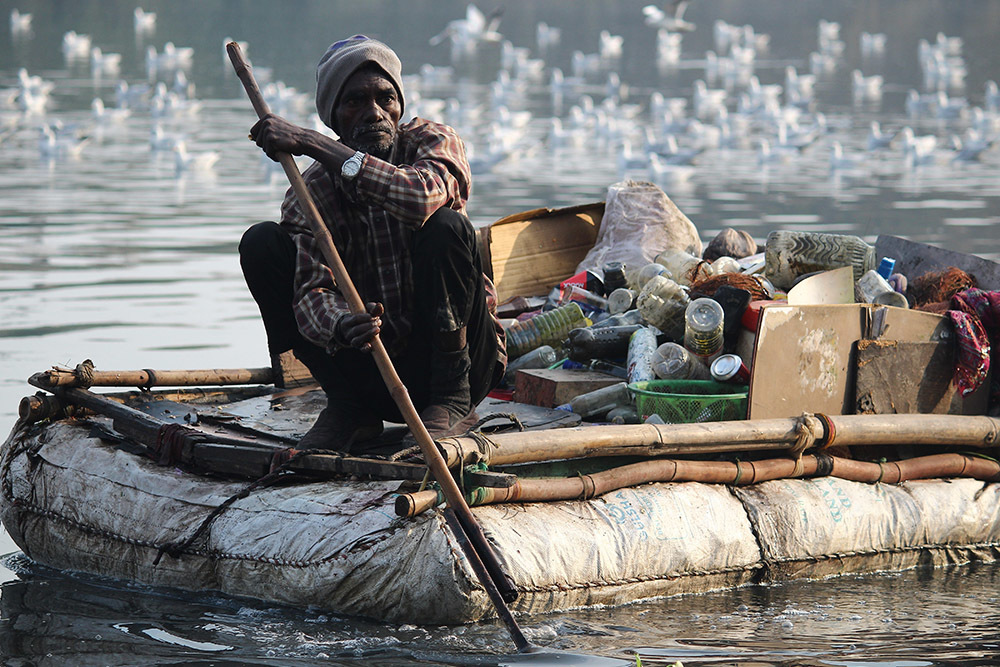
Low-income countries contribute the least to climate change but are paying the biggest price for it with high temperatures unpredictable rainfall. Climate change and economic inequality are inextricably linked, and all of these things are deeply structural. We need to recognize that our individual choices hold the most power as part of one collective voice demanding change from those actually responsible and able to do something about it. Being a self-confessed eco-warrior isn’t a badge of honor, and it doesn’t automatically grant you a stick with which to beat others over the head for not living as perfectly as you.
So, when caught between the mindset of I’m not doing enough to help the planet, I need to do more or we’re all going to die. Or, nothing I do makes a difference, individual choices don’t matter, we’re all going to die anyway, please know that there is another way and you are not alone.
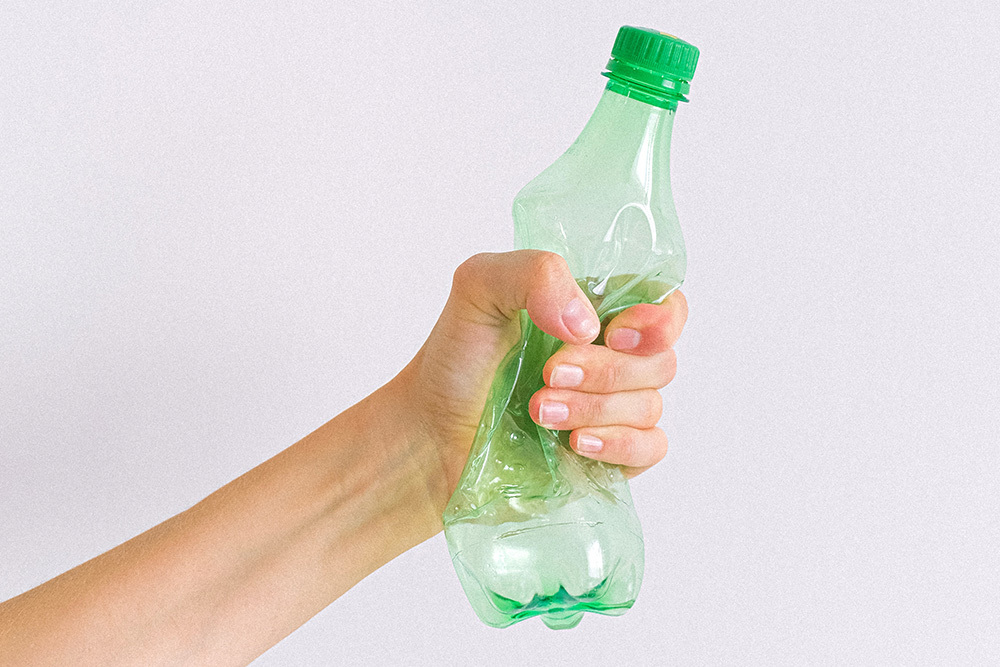
We’re all trying to survive in a place where making ethical choices every time is almost impossible. It requires knowing the actual effectiveness of different behaviors and accepting financial and time-related costs and inconveniences that not everyone has the luxury of sacrificing. So, you should never stop trying, but please go easy on yourself and the people in your life. Be kind to each other while holding the people at the top to account, and if you begrudgingly accept a plastic straw in a bar to avoid drinking directly from a glass still adorned with the remanence of someone’s crusty lipstick, don’t beat yourself up too much.




